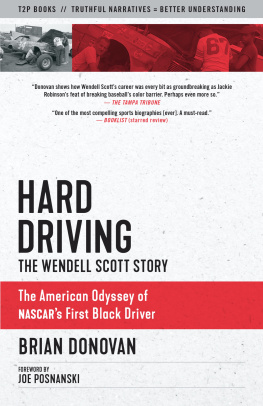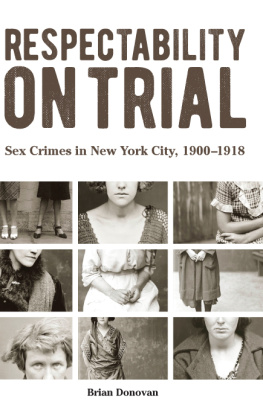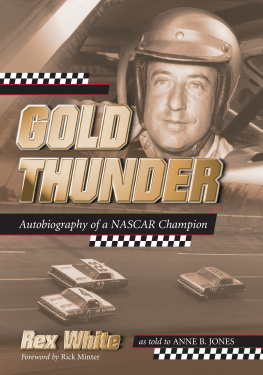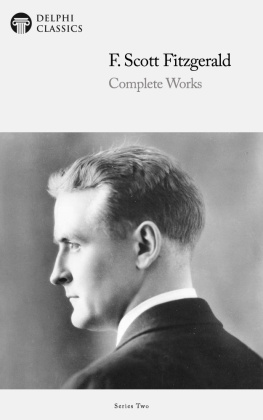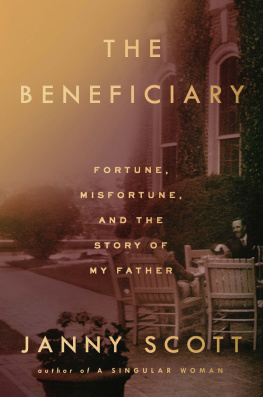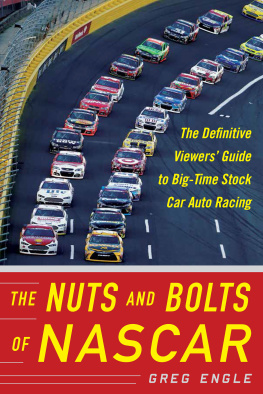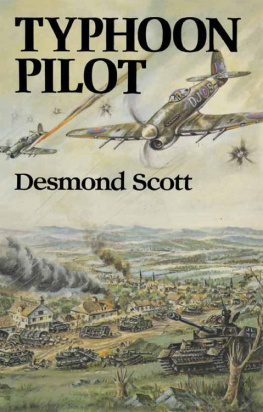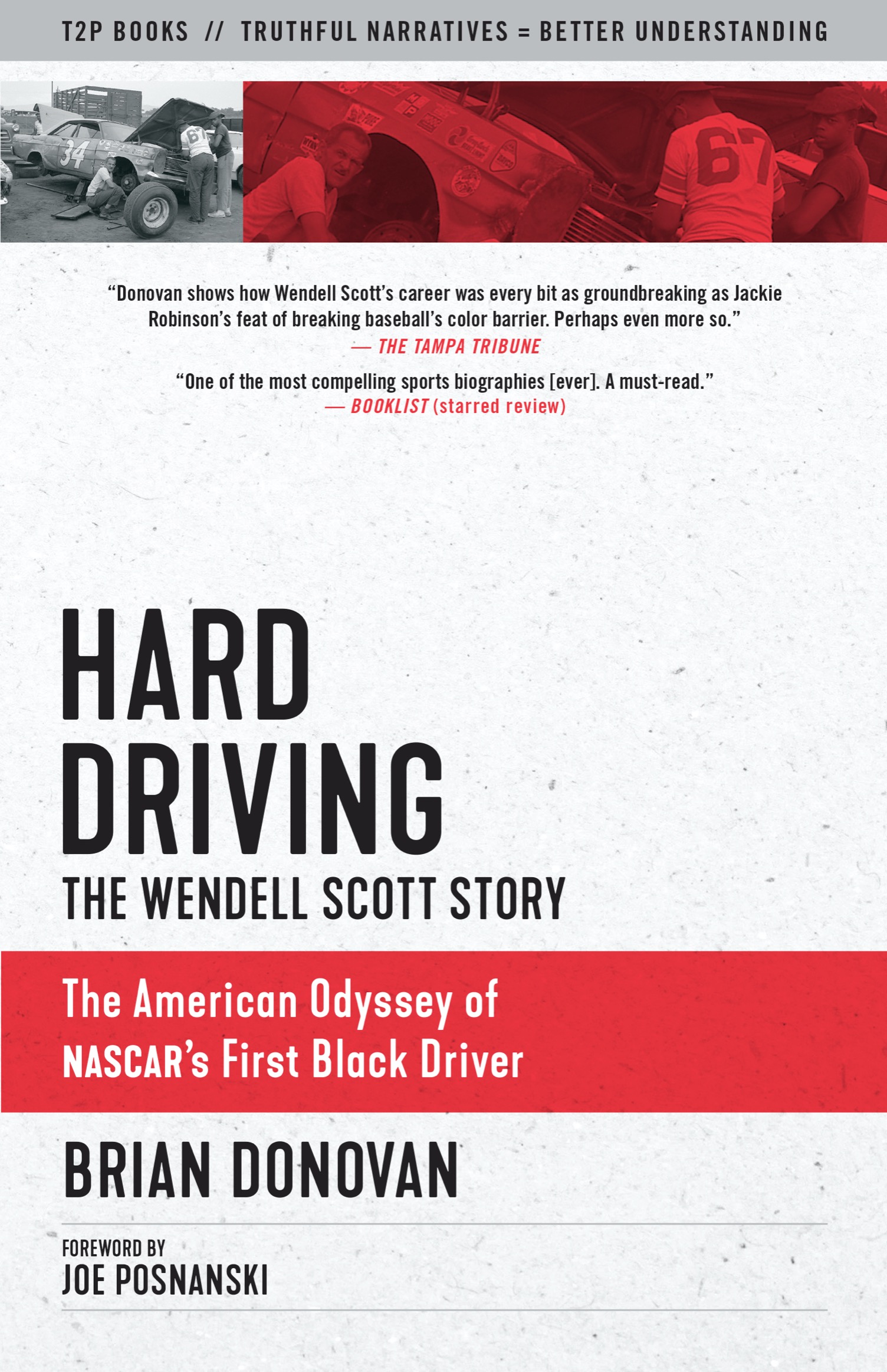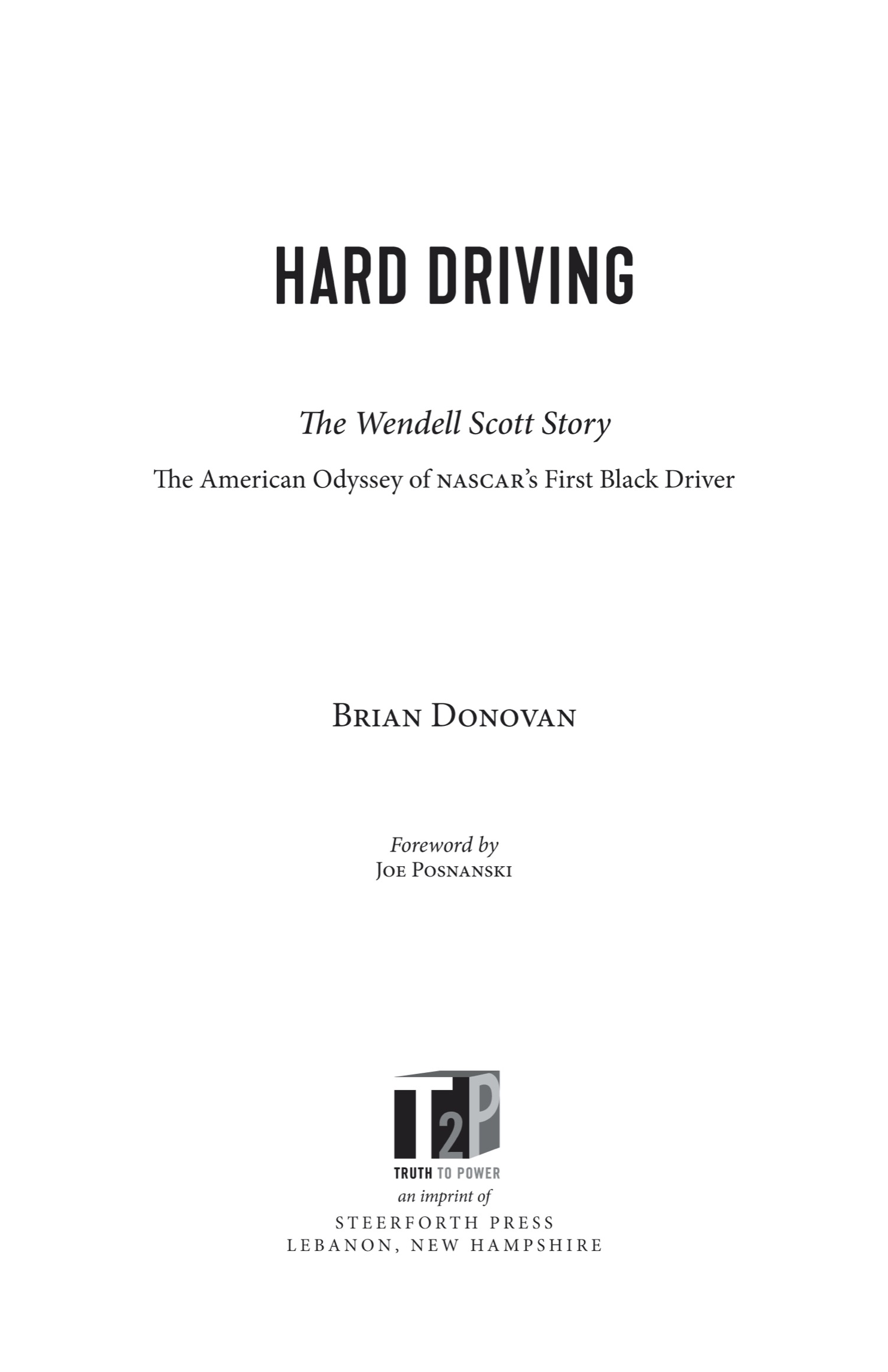A copy of Brian Donovans masterpiece should be in every library in the country, including schools. No value can be placed on its worth, not only from the stock car racing side, but from the black history aspectThe only down side of this release is the fact Wendell Scott never had the opportunity to read it. Read it. You will be glad you did. And Ill add this little warning. The last part may bring a tear or two to your eyes.
The book is superb and features terrific reportingBut perhaps the most noteworthy words in the book were those muttered as Scott, fittingly, had his head under the hood of a car. I come along too soon, he said. Too soon.
Whatever [Jackie] Robinsons travails, nobody ever tried to kill him on the baseball diamondScott always believed that if he could get into a competitive car, he had the talent to beat the sports stars. Maybe, maybe not. One thing seems beyond dispute: Nobody ever wanted it worse than Wendell Scott.
Is this book for non-racing fans? Yes, although I think hard-core may enjoy it more. Thatd be a shame. Scotts story deserves to be told, and Donovan tells it well.
Donovans writing is well-paced and measured, clearly depicting the complex atmosphere of race relations in the segregated South. His extensive reporting, combined with his descriptive and enjoyable prose about racing, make this book a deeply compelling story.
For information about permission to reproduce selections from this book, write to:
Steerforth Press L.L.C., 31 Hanover Street, Suite 1, Lebanon, New Hampshire 03766
first Black driver / Brian Donovan. 1st ed.
p. cm.
Includes bibliographical references and index.
1. Scott, Wendell, 19211990. 2. Stock car drivers United States Biography. 3. Automobile racing drivers United States Biography. 4. African American automobile racing drivers Biography. I. Title.
Everyone who accomplishes greatly is obsessed with one purpose and nearly blind to all else; he can only with difficulty tear his mind away from the one thing that is important to him to consider lesser matters and everything except his purpose in life is a lesser matter.
by Moss and Ken W. Purdy
Among the Negroes there is a saying: Up North they dont care how high up you get as long as you dont get too close. Down South they dont care how close you get as long as you dont get too high.
Note
Quotations in this book will be cited in the Notes section if their source is other than an interview conducted by the author. While researching this book, the author interviewed the following people (in addition to the Scott family): Elizabeth Adkins, Johnny Allen, Eddie Allgood, Jack Anderson, Ray Arnold, Buck Baker, Buddy Baker, Margaret Baker, Sandy Roach Baldwin, Earl Barksdale, Leo Beebe, Mike Bell, Anne Blair, Bill Blair, Jerry Bledsoe, Richard Bliss, Roy Boddie, Clyde Bolton, Harold Brasington, Bill Brodrick, Perk Brown, Raymond Burdette, Kenneth Campbell, Tommy Campbell, Alonza Carter, Dan T. Carter, Neil Castles, Frances Causey, S.W. Chaffee, Barney Clark, Joseph Coleman, Tom Cotter, Jack Cousins, Curtis Crider, Eddie Crouse, Herman Dodson, Donnie Drummond, Harold Drummond Jr., John Drummond, Clay Earles, Wanda Lund Early, Chris Economaki, Robert Edelstein, Hoss Ellington, Joe Epton, Joey Evans, Frances Dalton Farmer, Doc Faustina, Aubrey Ferrell, Greg Fielden, Susan N. Fleishman, Bobby Fleming, Tim Flock, Jim Foster, Ray Fox, Bill France Jr., Larry Frank, C.M. Franklin, Jeff Frederick, Brook Galbraith, Dennis Garrett, Bill Gazaway, Joe Gazaway, Paul Goldsmith, Peter Golenbock, Gary Gore, Al Gore, Todd Goyer, Gene Granger, Gary Grant, Dave Grayson, Bob Greenberg, Wayne Greenhaw, Ced Hailey, Pete Hamilton, P.C. Hansberger, Earl Hatcher, Kim Haynes, N. Linn Hendershot, George Henderson, Wayne Hensley, Tom Higgins, Bobby Hill, Richard Howard, Don Hunter, Jim Hunter, Bob Ingram, William Jackson, Ned Jarrett, Ray Jenkins, Cal Johnson, Junior Johnson, Anne B. Jones, Billy J. Jones, Paul M. Jones, Warren Jones, Jimmy Keen, Joe Kelly, Tom Kelly, J.C. King, Tom Kirkland, Greta Krapac, Elmo Langley, Catherine Latendresse, Bob Latford, Erskine Lessley, Leo Levine, Jimmy Lewallen, Rodney Ligon, Ed Livingston, Fred Lorenzen, Gerald Lovelace, Mary Beth Lucas, Clyde Lynn, Bill Mangum, Dave Marcis, Coo Coo Marlin, Banjo Matthews, Gary McCredie, Charlie McGee, Bob McGinnis, Buz McKim, Sam McQuagg, Morris Metcalfe, Leonard Miller, Art Mitchell, Ralph Moody, Roy Moody, Artis Moore, Little Bud Moore, Claude Moore, T.A. Mosley, Bob Myers, Bill Nalley, Bob Neal, William Neely, Ed Negre, W.L. Newkirk, Mojo Nixon, Stephen ONeill, Cotton Owens, Slick Owens, Marvin Panch, Pal Parker, Raymond Parks, Jim Paschal, Jacques Passino, Harold Pearson, Pierre Pelham, Pete Peters Jr., Richard Petty, Tom Pistone, Don Radbruch, Butch Rader, Joie Ray, Doug Reynolds, Harlow Reynolds, Russell Riley, L. Mendel Rivers Jr., Doris Roberts, Pamela Roberts, J.P. Rotton, David D. Ryan, Eddie Samples, Hank Schoolfield, Charles Scott, Bobby Scruggs, Royette Shepherd, Clarence Shook, Carl Simpson, David Sisco, Bruton Smith, George Smith, Jack Smith, Johnnie M. Smith, Charles Snider, Gober Sosebee, G.C. Spencer, Speedy Spiers, Buddy Steinspring, Morris Stephenson, J. Steve Strosnider, Brice Stultz III, Tim Sullivan, Dede Swartz, Mike Sykes, Don Tarr, Barbara Tennant, Jabe Thomas, Dick Thompson, Seymore Trammell Jr., Harold Tuck, Bill Turner, Rich Turner, Tom Turnipseed, Toy Russell Van Lierop, Robert Van Witzenberg, Linda Vaughn, Ken Vose, Bill Ward, Chip Warren, Frank Warren, T. Taylor Warren, Bob Welborn, Humpy Wheeler, Rex White, Deb Williams, Joe Williams, Woodie Wilson, Eddie Wood, Glen Wood, Leonard Wood, Smokey Yunick.
Foreword
Im not entirely sure how old I was when I first heard the story of Jackie Robinson breaking the color barrier four or five, maybe? but it utterly captivated me from the start. I cannot tell you how many times through the years I have thought about what it must have been like for Robinson, alone, defiant, playing baseball with the weight of history on his shoulders. Baseball had been segregated for more than half a century.
So many forces were lined up against him. So many people wanted him to fail.
And so many people needed him to succeed.
Through the years as a sportswriter, I have spent countless hours talking to people who knew Robinson, played with him, played against him, and that is the question I ask each of them: What was it like for him? They try to answer, but they can only tell me so much. Only Robinson really knew.

